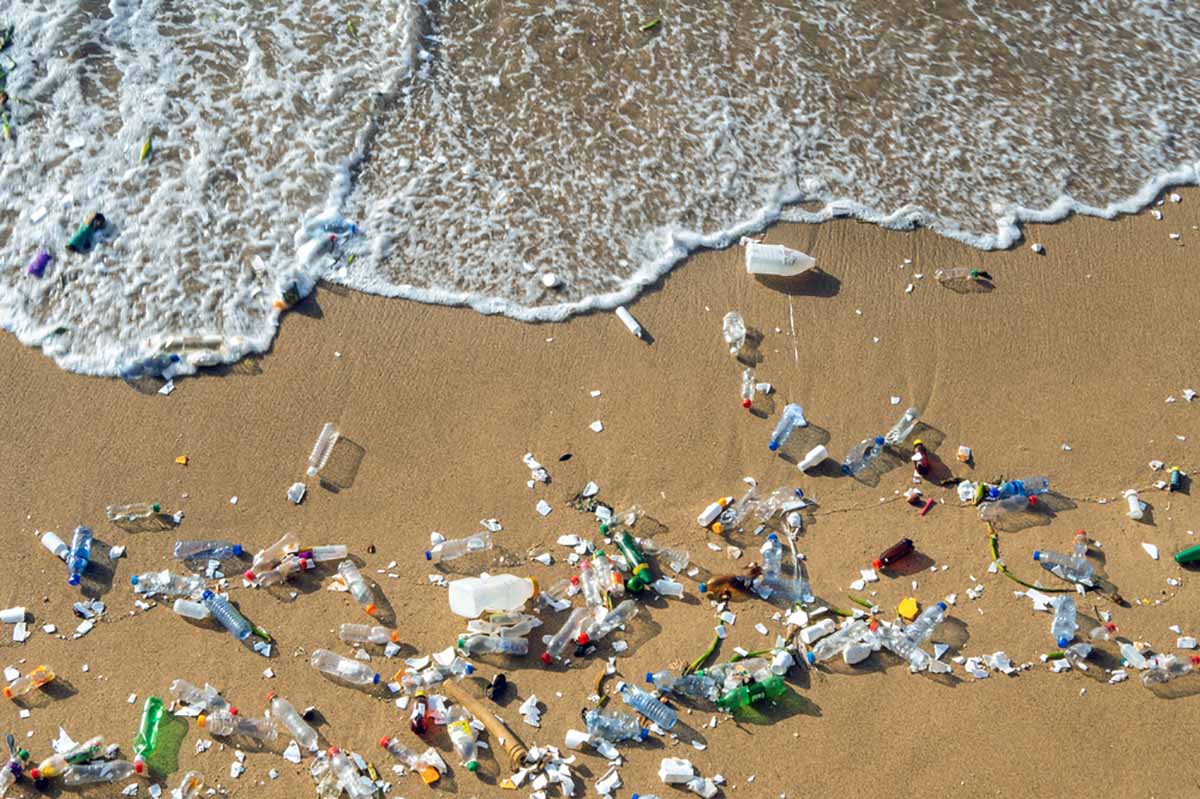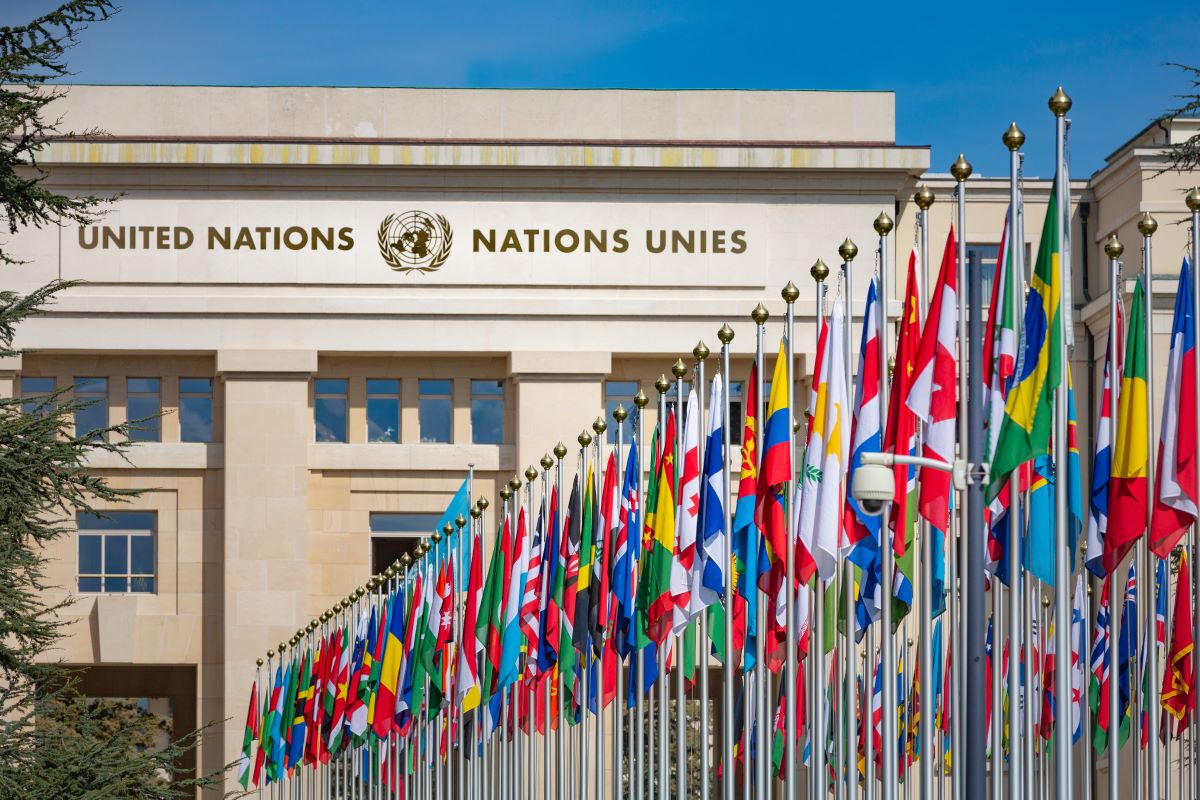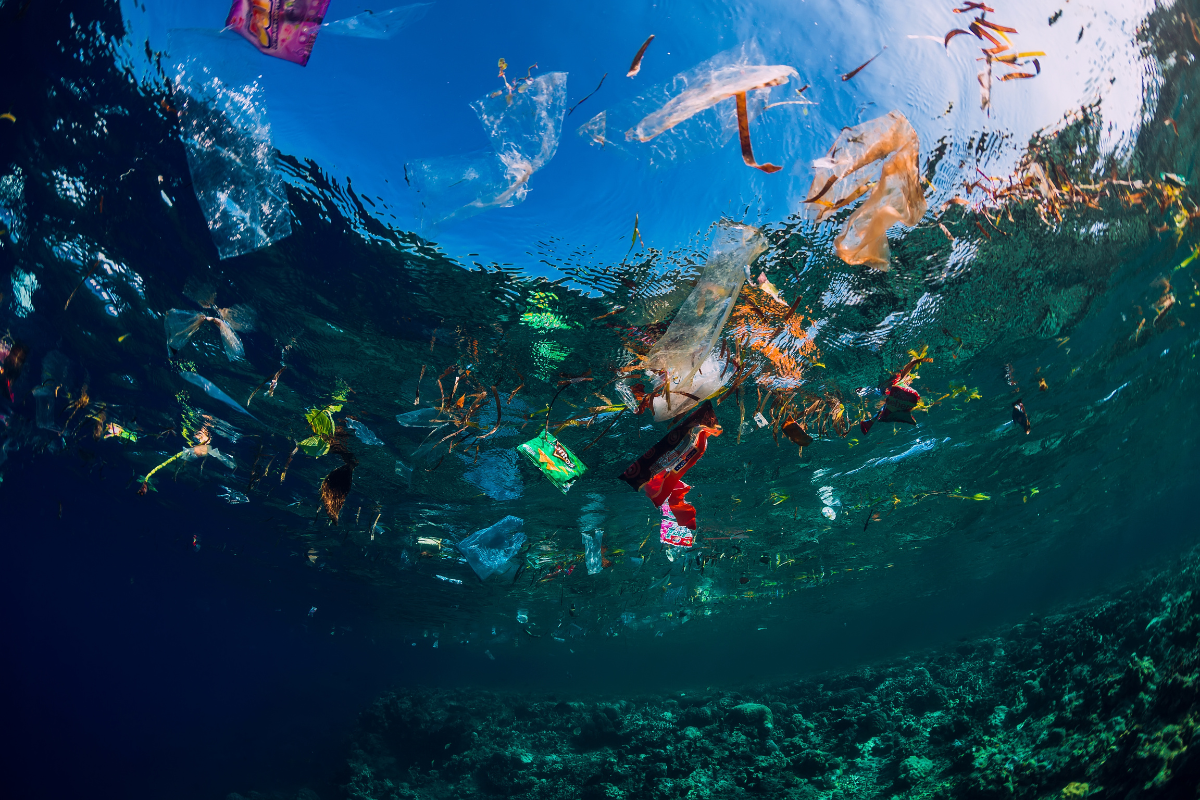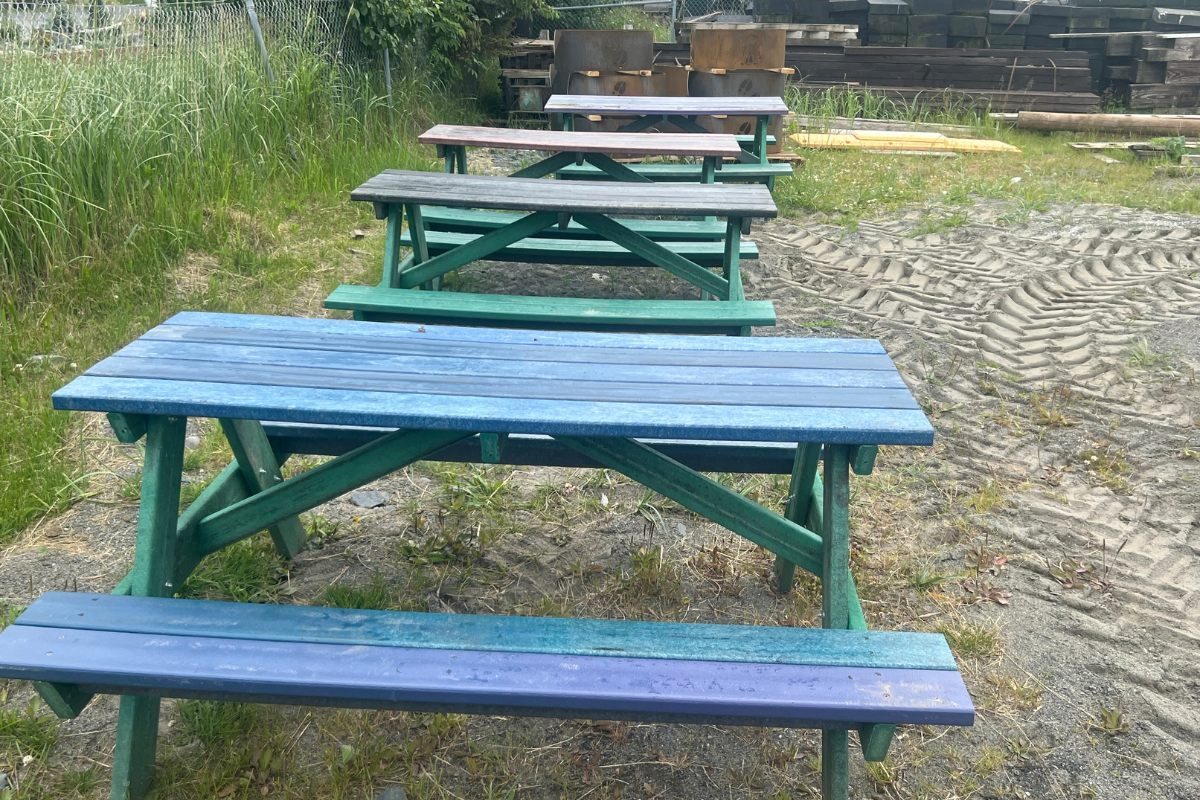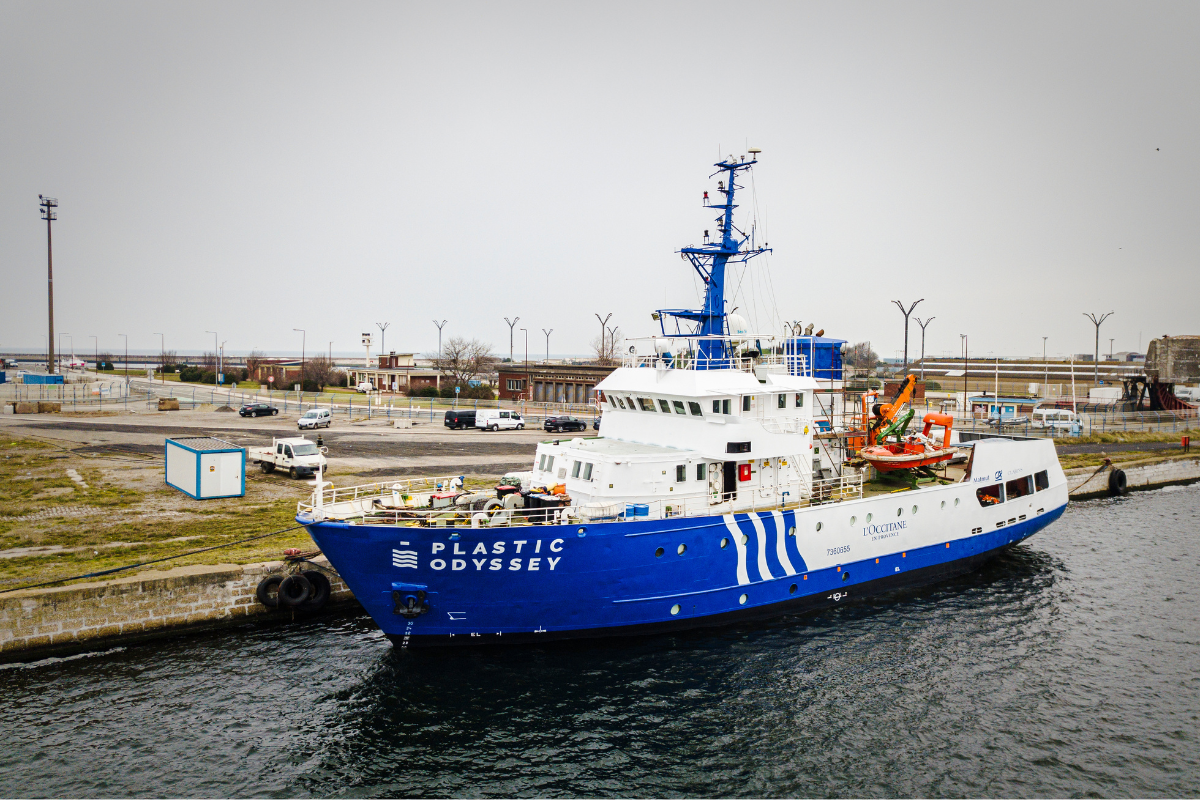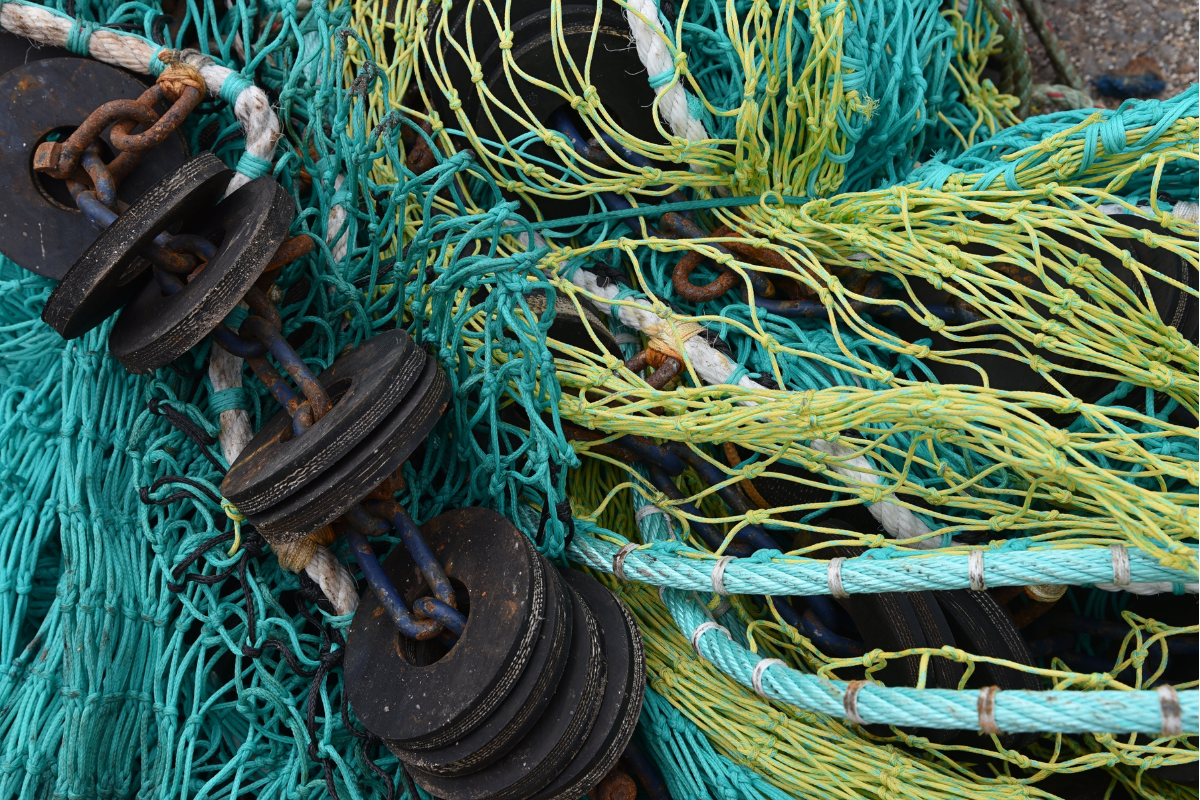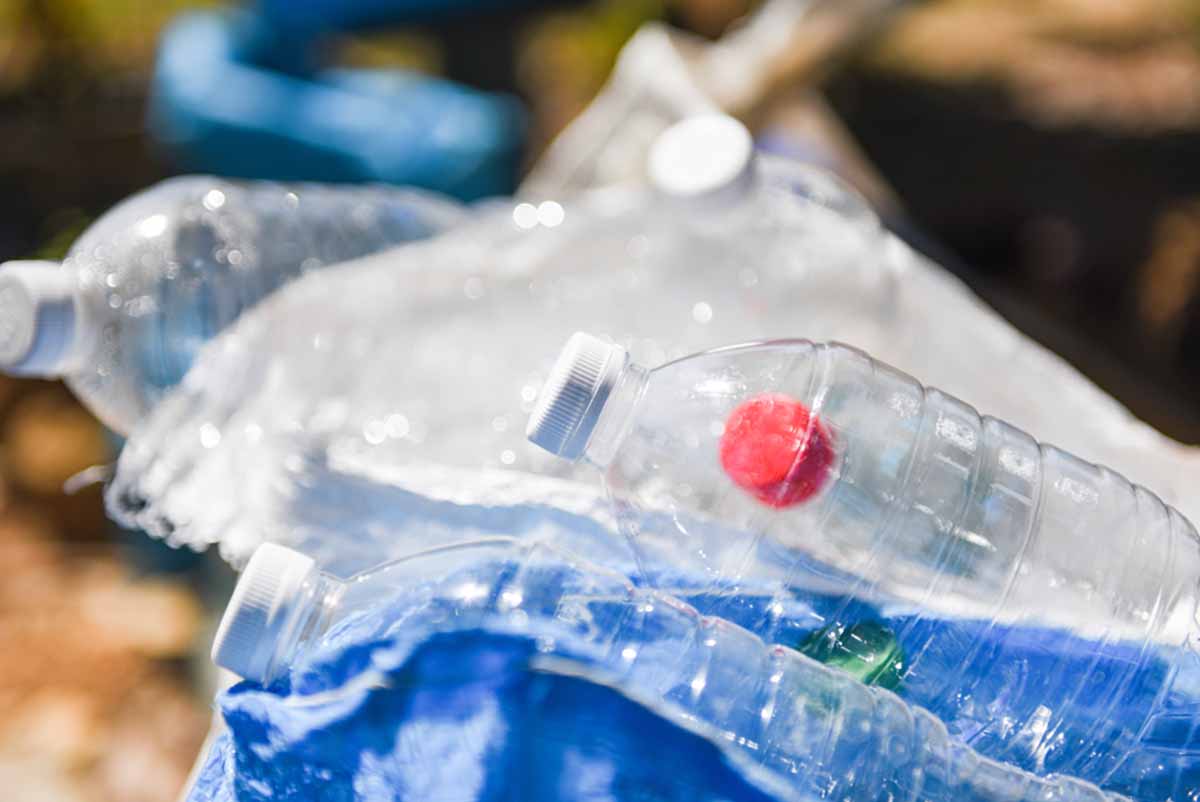
Scientists from nine universities worked together on a paper, focused on the need to reduce plastic production. | Poring Studio/Shutterstock
Scientists from universities in several countries released a paper that concluded production cuts must be part of the legally binding treaty to manage global plastic pollution if it’s to achieve its goals. Continue Reading


